EU leaders strike deal to ban majority of Russian oil imports over Ukraine war
The European Union leaders on Monday struck a deal to ban the majority of Russian oil imports over Moscow’s military operation in Ukraine, which is now into its fourth month.
European Council chief Charles Michel announced in a tweet, following an extraordinary summit attended by EU leaders in Brussels to discuss a fresh package of sanctions against Russia.
"Agreement to ban the export of Russian oil to the EU. This immediately covers more than 2/3 of oil imports from Russia, cutting a huge source of financing for its war machine," Michel said.
The agreed measures also include the eviction of Sberbank, Russia's biggest lender, from the SWIFT financial messaging system.
#Unity
— Charles Michel (@eucopresident) May 30, 2022
Agreement to ban export of Russian oil to the EU.
This immediately covers more than 2/3 of oil imports from Russia, cutting a huge source of financing for its war machine.
Maximum pressure on Russia to end the war.
#EUCO
"This sanctions package includes other hard-hitting measures: de-Swifting the largest Russian bank Sberbank, banning 3 more Russian state-owned broadcasters, and sanctioning individuals responsible for war crimes in Ukraine," the official added.
He said it would deliver maximum “pressure on Russia to end the war”.
The embargo allows a “temporary” exemption for pipeline deliveries. It was, however, not clear how long the exemption of imports delivered by pipeline will last.
The EU reportedly agreed to ban 90 percent of Russian oil imports by the end of the year.
Ursula von der Leyen, president of the European Commission, at a press conference said Russian oil delivered by tankers would be banned, while an exemption will be made for the southern segment of the Druzhba pipeline, which goes to Hungary, Slovakia, and Czech Republic.
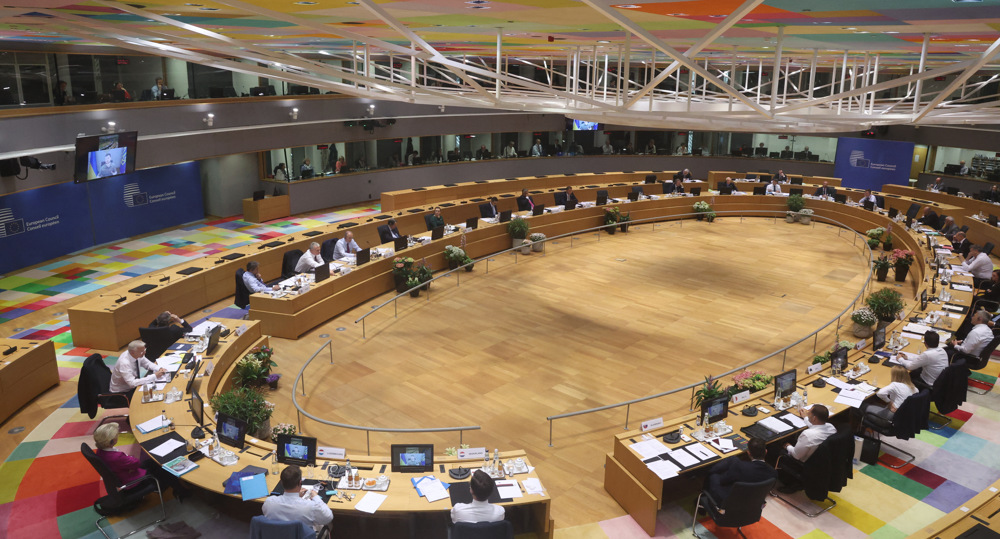
"As we have a clear political statement by Poland and Germany that they will, as the others, wind down Russian oil, until the end of the year. We have covered overall 90 percent of Russian oil being wind down during this time frame,” von der Leyen said.
“Leftover is the roundabout 10 or 11 percent that is covered by the southern Druzhba. We have agreed for the moment being for an exemption.”
The deal between the EU leaders was struck late on Monday after weeks of difficult negotiations as Hungary, which relies heavily on Russian crude delivered via pipeline, opposed the oil embargo saying it would “completely destroy” the country’s energy supply security.
Meanwhile, the Financial Times in a report said the partial ban “risks distorting competition in the EU oil market, with refineries connected to pipelines from Russia enjoying a price advantage”.
The EU leaders will meet again in Brussels on Tuesday to discuss the bloc's response to Russia's military operation in Ukraine.
Russia launched a military operation in Ukraine in late February, following Kiev’s failure to implement the terms of the Minsk agreements and Moscow’s recognition of the breakaway regions of Donetsk and Luhansk.
At the time, Russian President Vladimir Putin said one of the goals of what he called a “special military operation” was to “de-Nazify” Ukraine.
Since the start of the offensive, the Western countries have imposed unprecedented sanctions on Moscow and dispatched a large cache of weapons to Ukraine, defying warnings from the Kremlin.
VIDEO | Iraqi govt. rejects any kind of normalization with Israeli regime
VIDEO | Venezuela's medicine prices soar to unaffordable level amid US blockades
Somalia officially demands Israel reverse recognition of Somaliland
Hezbollah condemns deadly terror attack on worshippers in Syria’s Homs
VIDEO | US military build-up in Caribbean
Iran parliament probes missing $6.7bn in oil export revenues: MP
Saudi-backed coalition vows to counter UAE allies in Yemen
VIDEO | Heavy rains, flash floods leave Southern California homes caked in mud


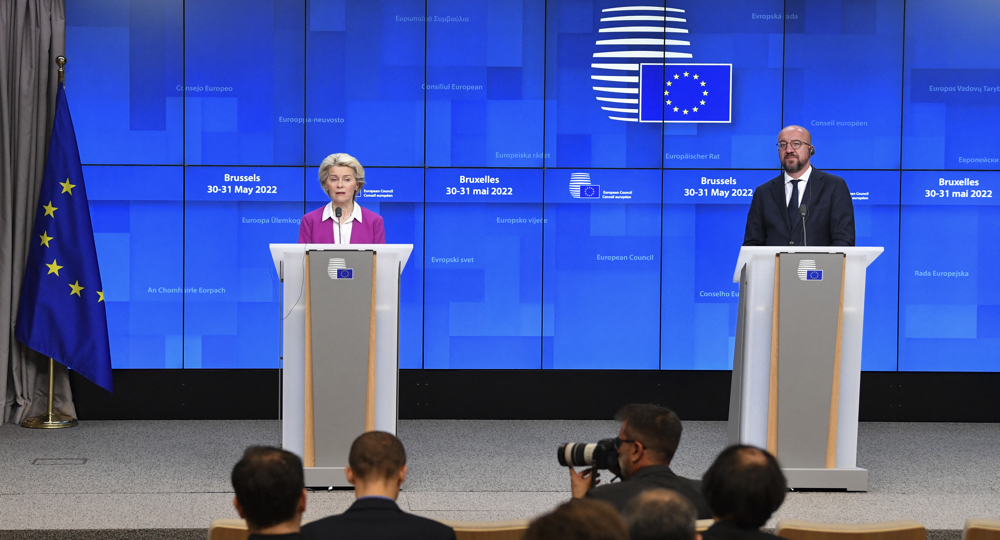


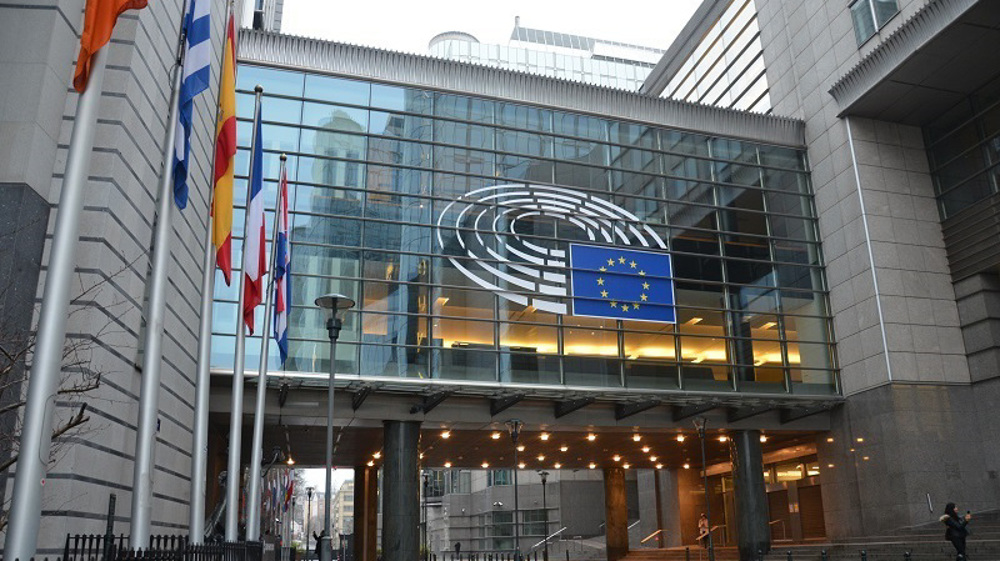



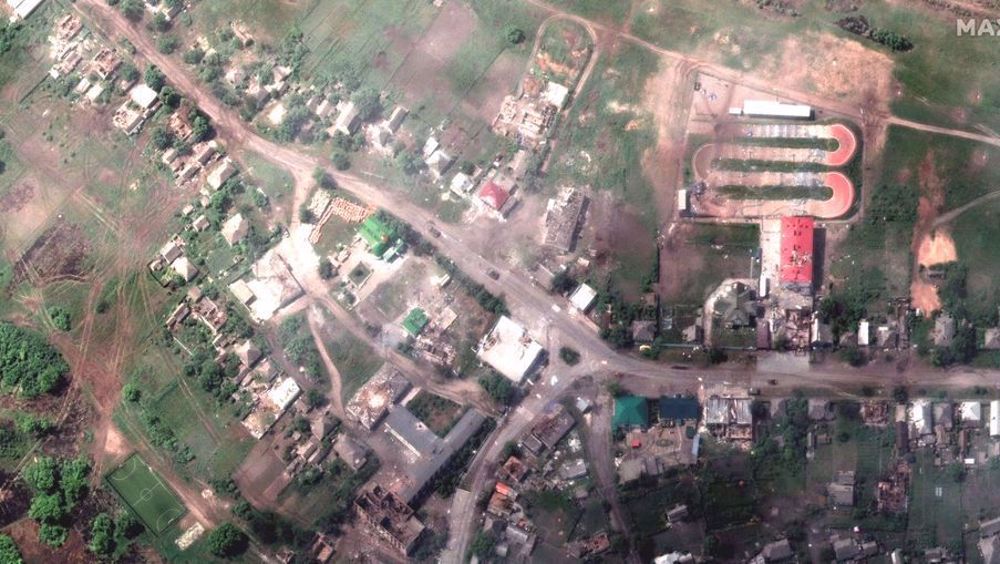
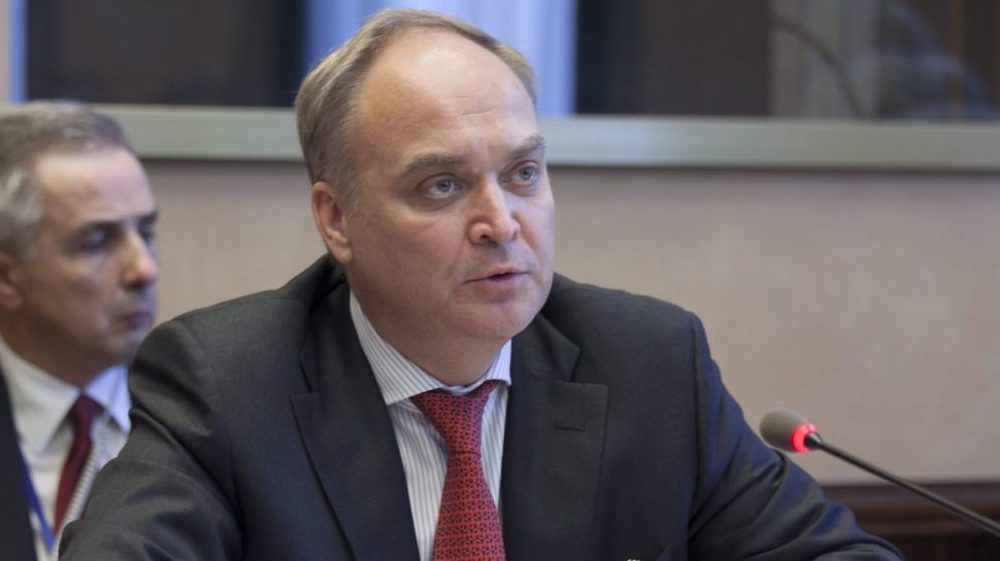
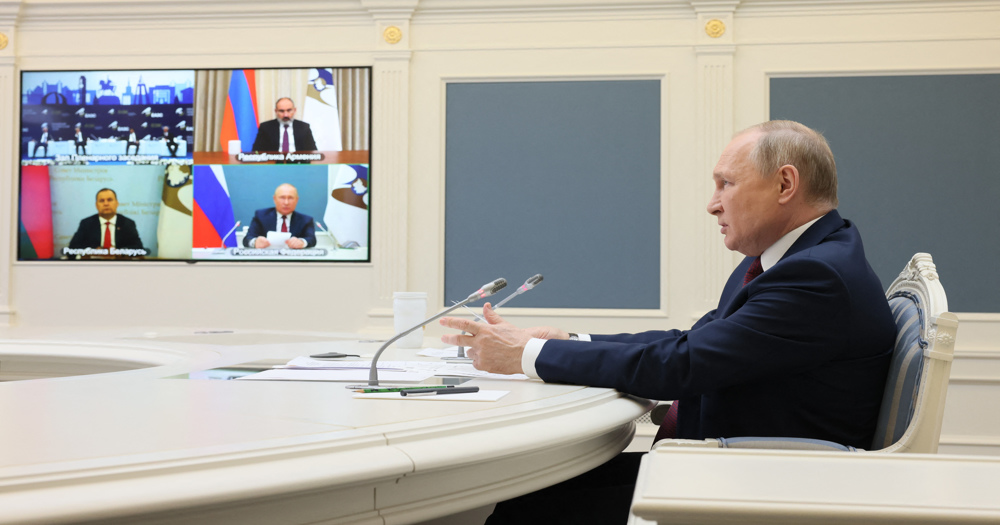
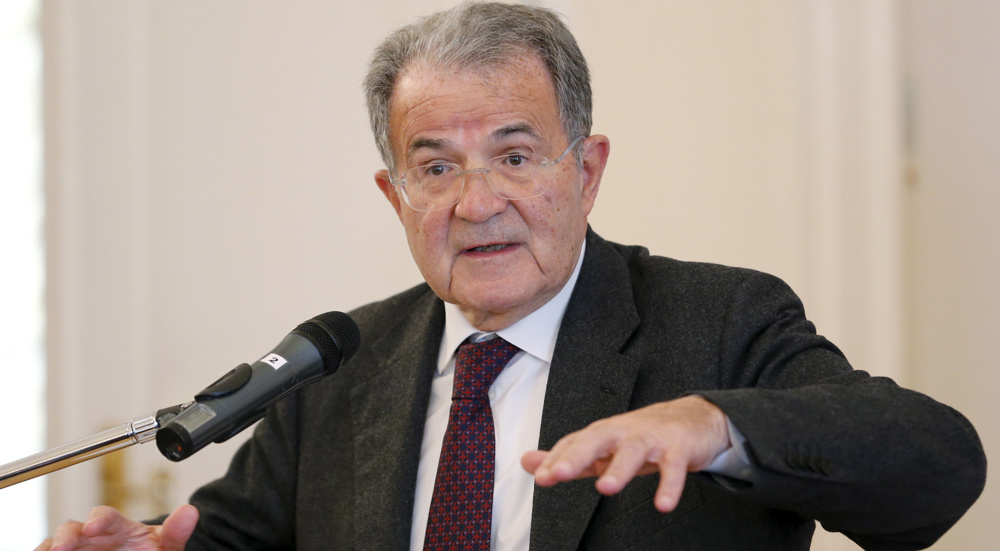

 This makes it easy to access the Press TV website
This makes it easy to access the Press TV website